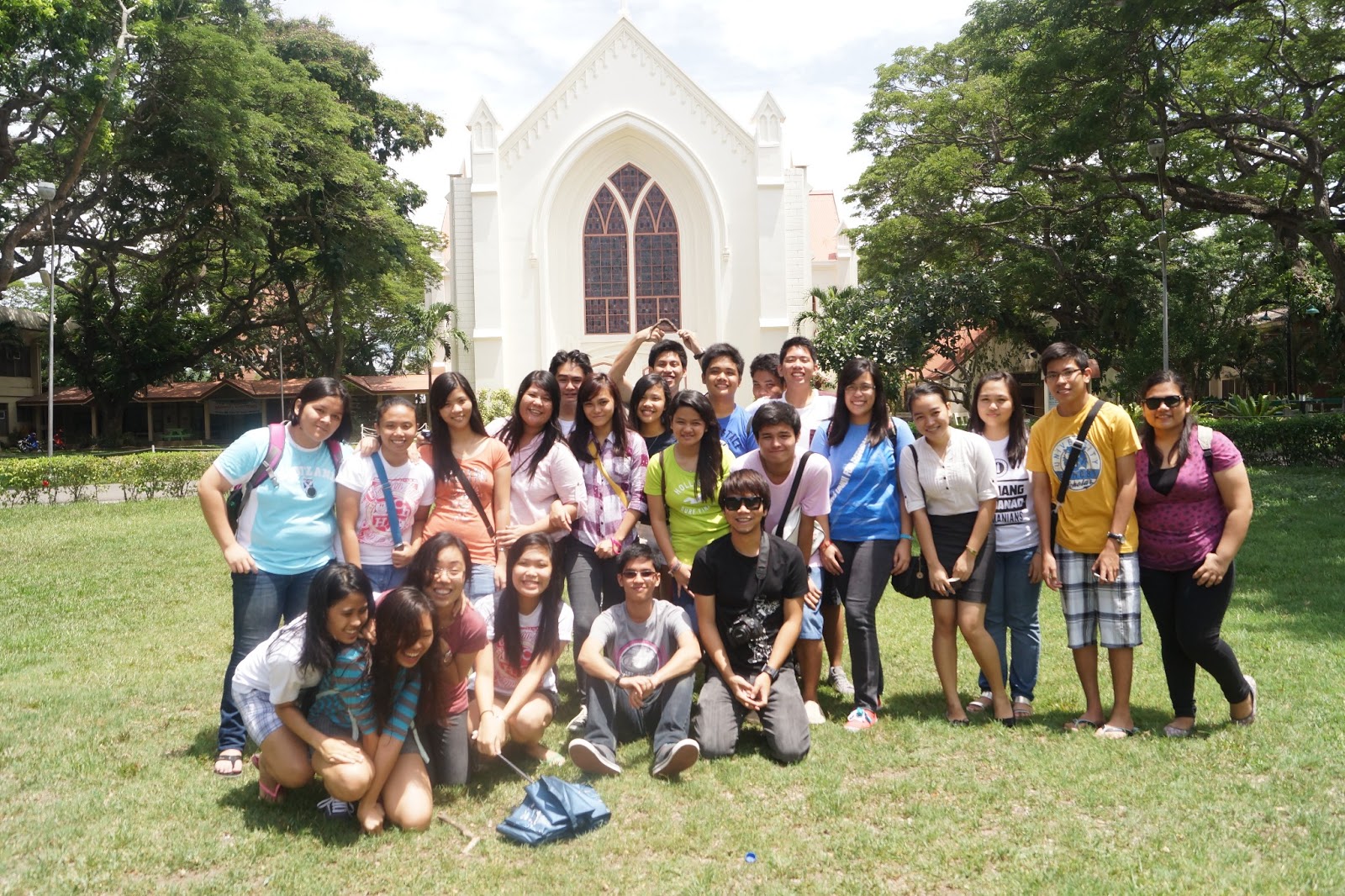The new pope, 76-year-old Jorge Bergoglio, the archbishop of Buenos Aires, is the first pontiff from Latin America and the first Jesuit, but he appears to hold views very much in line with his predecessor, Pope Benedict XVI.
 |
| Pope Francis at the balcony after his election. |
Personal Name: Jorge Mario Bergoglio
Papal Name: Pope Francis
Birthdate: December 17, 1936
Age: 76 years old
Title and Style: His Holiness Pope Francis
Early Life:
Jorge Mario Bergoglio was born in Flores, Buenos Aires City, one of the five children of
Mario José Bergoglio, an Italian
immigrant railway
worker born in Portacomaro (Province of
Asti) in Italy's Piedmont region, and his wife Regina María
Sívori, a housewife born in Buenos Aires to a family ofnorthern
Italian (Piedmontese-Genoese)
origin. Bergoglio's sister María Elena told reporters decades later that her
father often said that "the advent of fascism was the reason that really
pushed him to leave" Italy.
Bergoglio
has been a supporter of the San Lorenzo de Almagro football club
since his childhood. According to
the Agencia Informativa Católica Argentina (Argentine Catholic Information
Agency), Bergoglio is also a fan of the films of Tita Merello and of neorealism and
of tango dancing, with an "intense
fondness" for the traditional music of Argentina and Uruguay known as the milonga.
He
graduated from the technical secondary school Escuela Nacional de Educación
Técnica N° 27 Hipólito Yrigoyen with a chemical technician's diploma. He worked for a few years in that
capacity in the foods section at Hickethier-Bachmann Laboratory. According to some sources, he earned a master's
degree in chemistry from the University of Buenos Aires. In the only known health crisis of his youth, at the age of 21 he
suffered from life-threatening pneumonia and cysts and had part of a lung
removed shortly afterwards.
Bergoglio
is conversant in Spanish, Latin, Italian, German, French, and English.
Election to Papacy:
Cardinal Bergoglio was elected pope on 13 March 2013, the second day of the 2013 papal conclave,
taking the papal name Francis. Francis was elected on
the fifth ballot of the conclave. The Habemus Papam was delivered by Cardinal protodeacon Jean-Louis Tauran.
Instead of accepting his cardinals' congratulations
while seated on the Papal throne, Francis received them standing,
reportedly an immediate sign of a changing approach to formalities at the
Vatican.During his first appearance as pontiff on the balcony of Saint Peter's
Basilica, he wore a white cassock, not the red, ermine-trimmed mozzetta used by the previous Pope
Benedict XVI. He also wore the same iron pectoral cross that he had worn as Cardinal
Archbishop of Buenos Aires, rather than the gold one worn by his predecessors.
After being elected and choosing his name, his
first act was bestowing the Urbi et Orbi blessing to thousands of pilgrims
gathered in St. Peter's Square.
Francis began with "Buonasera" ("good evening"),
breaking with the traditional formality at this event. Before blessing the
pilgrims, he asked those in St. Peter's Square to pray for the pope emeritus, Benedict XVI and for himself.
Choice of Name:
At his first audience on 16 March 2013, Francis told journalists that he had chosen the name in honor of Saint Francis of Assisi, and had done so because he was especially concerned for the well-being of the poor. He explained that, as it was becoming clear during the conclave voting that he would be elected the new pontiff, the Brazilian Cardinal Claudio Hummes had embraced him and whispered "don't forget the poor", which had made him think of the saint. Author and Vatican reporte rJohn Allen remarked that the choice of the name Francis sent a clear message to the Church about the new Pope's intention to let "the church of the spirit, a humble and simple community of equals with a special love for the least of this world.... shine through."This is the first time that a pope has been named "Francis" and the first time since Pope Lando's 913–914 reign that a serving pope held a name unused by a predecessor.
Francis also mentioned at the audience that some cardinal-electors had jokingly suggested to him that he should choose either "Adrian", since Pope Adrian VI had been a reformer of the church, or "Clement" as "payback" to Pope Clement XIV who had suppressed the Jesuit order.
-Reaction?Suggestions?Comment.-
































